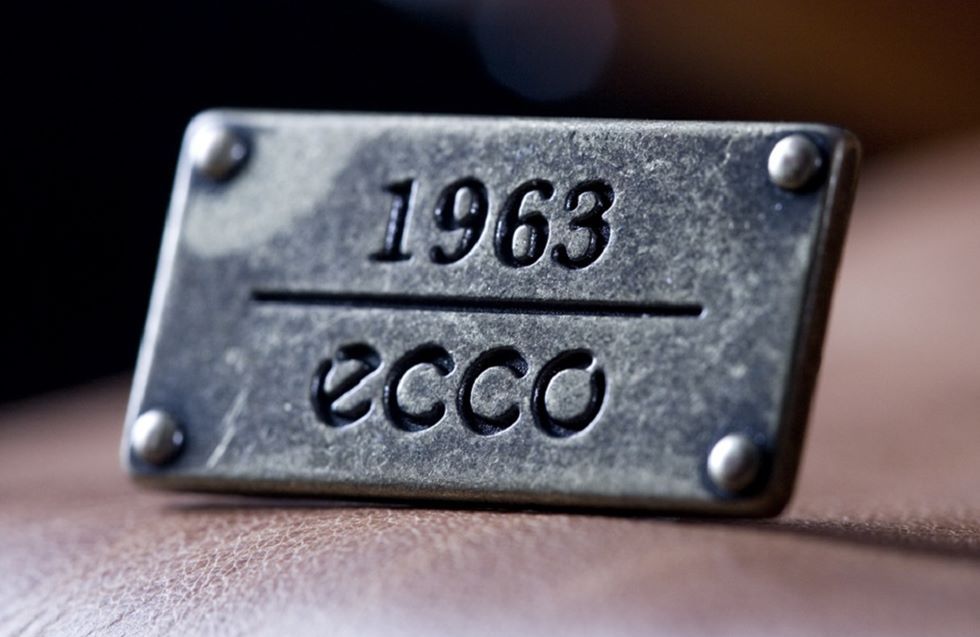Since Putin’s invasion of Ukraine in late February, there has been a mass exodus of Danish companies from Russia.
Carlsberg, Jysk, Vestas and Hempel are just some of the big firms to pull the plug on the lucrative market in response to the war.
But footwear firm Ecco is treading a different path – choosing instead to keep its stores in Russia open in spite of immense public criticism in Denmark.
Now it has emerged that despite the backlash at home, the Royal Family has so far decided against kicking Ecco off its list of official court suppliers.
When confronted with the dilemma, the Royal House stated that it wouldn’t comment on individual cases but that it was “monitoring the situation closely”.
READ ALSO: Another big Danish firm pulls plug in Russia
There since 1993
The firm, owned by one of Denmark’s wealthiest families – the Kasprzak family in southern Jutland – has stated it will stay in Russia so as to not abandon its employees there.
Since making that statement however, Ecco has been close-mouthed about the situation.
In comparison to some of the other Danish companies that have left Russia, Ecco has a huge stake in the country, employing over 1,800 people in some 250 shops.
The company has a long history there too. Active in Russia since 1993, leaving would significantly impact the company’s bottom line.
The Russian market accounted for 1.3 billion kroner of the company’s overall turnover of 8.2 billion kroner in 2020.














